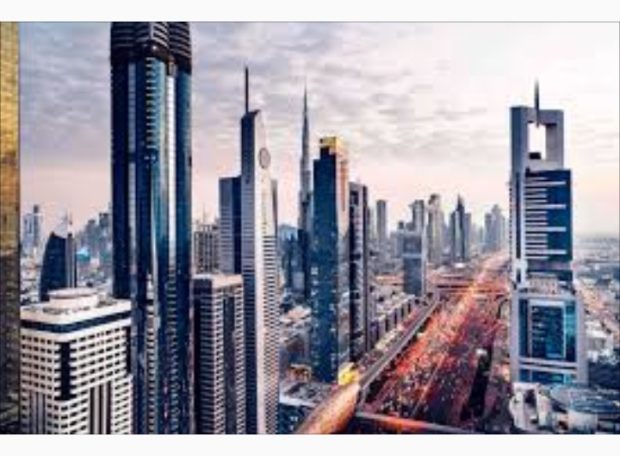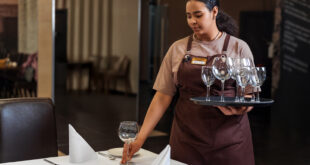UN Secretary-General Antonio Guterres has said that major powers are “fully committed” to a peaceful resolution in Libya after a summit in Berlin.
World leaders have pledged not to interfere in Libya’s ongoing civil conflict, and have vowed to uphold a UN arms embargo.
The conflict pits powerful General Khalifa Haftar against the UN-backed Government of National Accord (GNA).
But although both Libyan warring sides were present, they did not meet.
German Chancellor Angela Merkel said the two sides were briefed and consulted by the other parties.
Alongside Mrs Merkel, attendees included Russia’s President Vladimir Putin, Turkish President Recep Tayyip Erdogan, French President Emmanuel Macron and UK Prime Minister Boris Johnson.
Before the meeting, Mr Johnson said the aim of the conference was to “stop this jockeying for position”.
“The people of Libya have suffered enough,” he said as he arrived on Sunday. “It’s time for the country to move forward.”
What happened in Berlin?
Leaders from the EU, Russia and Turkey were among those who committed to an end to foreign intervention in Libya’s war, and to uphold a UN arms embargo.
After the conference, German leader Mrs Merkel stressed there was no military way to end the conflict, “only a political solution”.
Mr Guterres meanwhile said all the major powers present shared “a strong commitment to stop” any further escalation in the region.
He did however say he was “very worried” about reports that forces loyal to Gen Hafter had closed several key ports and a major oil pipeline in the country.
Russian foreign minister Sergei Lavrov also expressed concerns. He said afterwards the major powers “have not yet succeeded in launching a serious and stable dialogue” between the warring parties.
And there were questions about whether there could be a lasting ceasefire, and how this could be maintained. Nevertheless, Mr Lavrov said both sides had taken “a small step” forward.
A ceasefire still looks far-fetched
By Rana Jawad, BBC North Africa correspondent
The commitment by foreign backers of the conflict – which include Russia, Egypt and Turkey – to respect the UN arms embargo on Libya will only be taken seriously if the UN Security Council acts on violations. This is something it has failed to do in years of conflict.
For any progress to be made in the long term, Libya’s warring sides will need to declare and commit to a ceasefire, which still looks far-fetched.
If there is eventually a long-enough ceasefire in place, it would allow the UN to go back to the political drawing board, and design a fresh political process for the country.
Europe is trying to jostle its way back into a complex scene, which it all but abandoned over the past year because of its own divisions over a solution. If nothing else, the Berlin summit may have enabled it to elbow its way back into a position with more leverage over stabilising Libya.
What is happening in Libya?
Libya has been wracked by conflict since the 2011 uprising which ousted long-time strongman Muammar Gaddafi.
Gen Haftar’s Libyan National Army (LNA) controls much of eastern Libya, and last April he launched an offensive against the country’s rival Government of National Accord (GNA) in the capital, Tripoli.
His forces have so far been unable to take the city, but earlier this month the LNA captured the country’s third-biggest city, Sirte.
According to the UN, the fighting has killed hundreds of people and displaced thousands more from their homes.
A truce was announced earlier this month between Gen Haftar and the GNA, led by Prime Minister Fayez al-Serraj.
But both sides blame each other for reported breaches of the agreement, and attempts to broker a lasting ceasefire broke down last week at a summit in Moscow.
What about the role of foreign powers?
The role of foreign states in the conflict has come into focus in recent months, with Turkey passing a controversial law to deploy troops to help GNA forces in Tripoli.
Gen Haftar’s LNA has the backing of Russia, Egypt, Saudi Arabia, the United Arab Emirates (UAE) and Jordan.
On Saturday, UN Special Envoy to Libya Ghassan Salamé told the BBC’s Radio 4 Today Programme that a political solution to the conflict was best for all parties involved because Libya – with its vast geography, strong local identities, heavily armed population and weakened government infrastructure – was a difficult country for one group to control.
Source: bbc.com
 Home Of Ghana News Ghana News, Entertainment And More
Home Of Ghana News Ghana News, Entertainment And More






